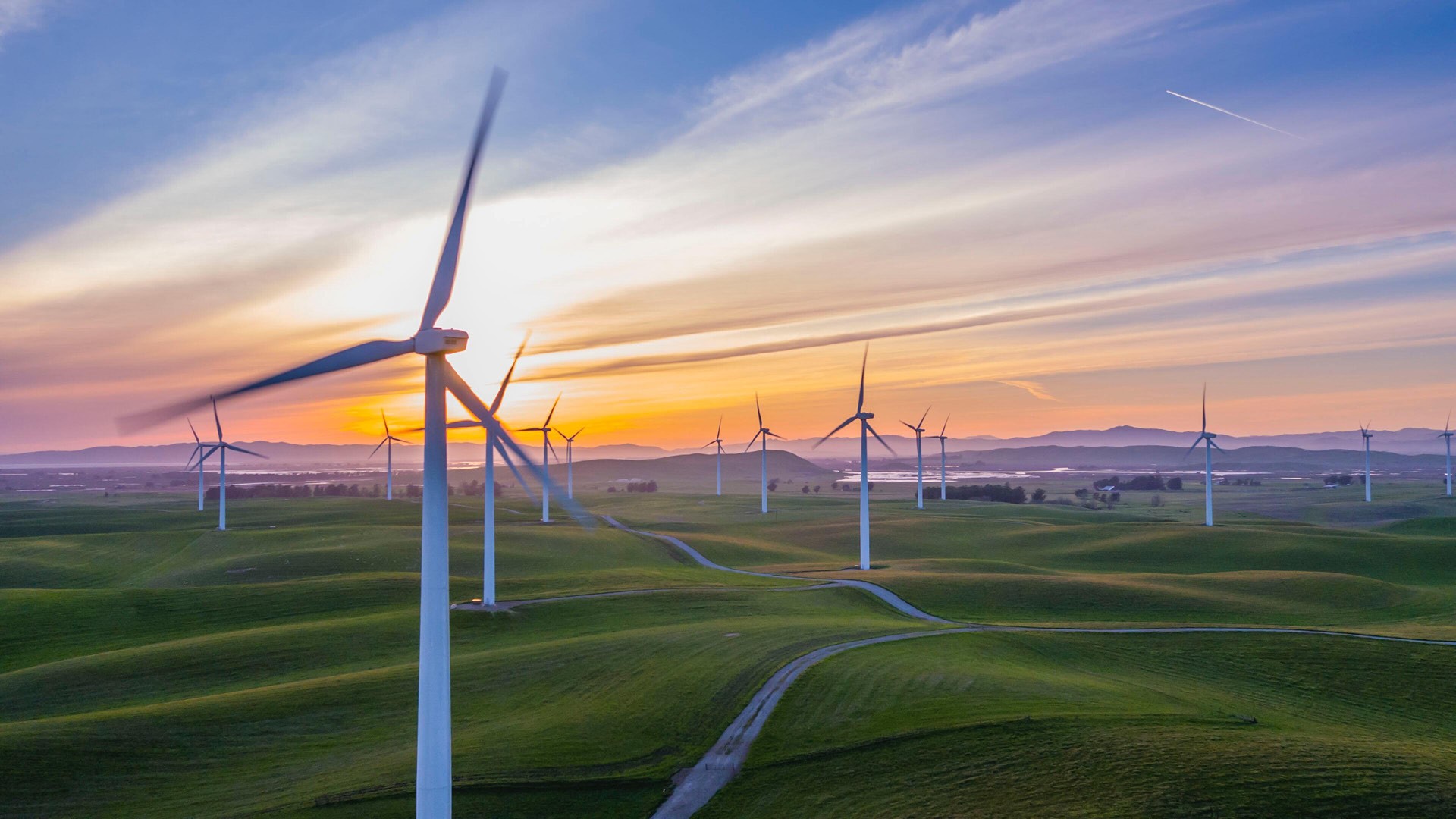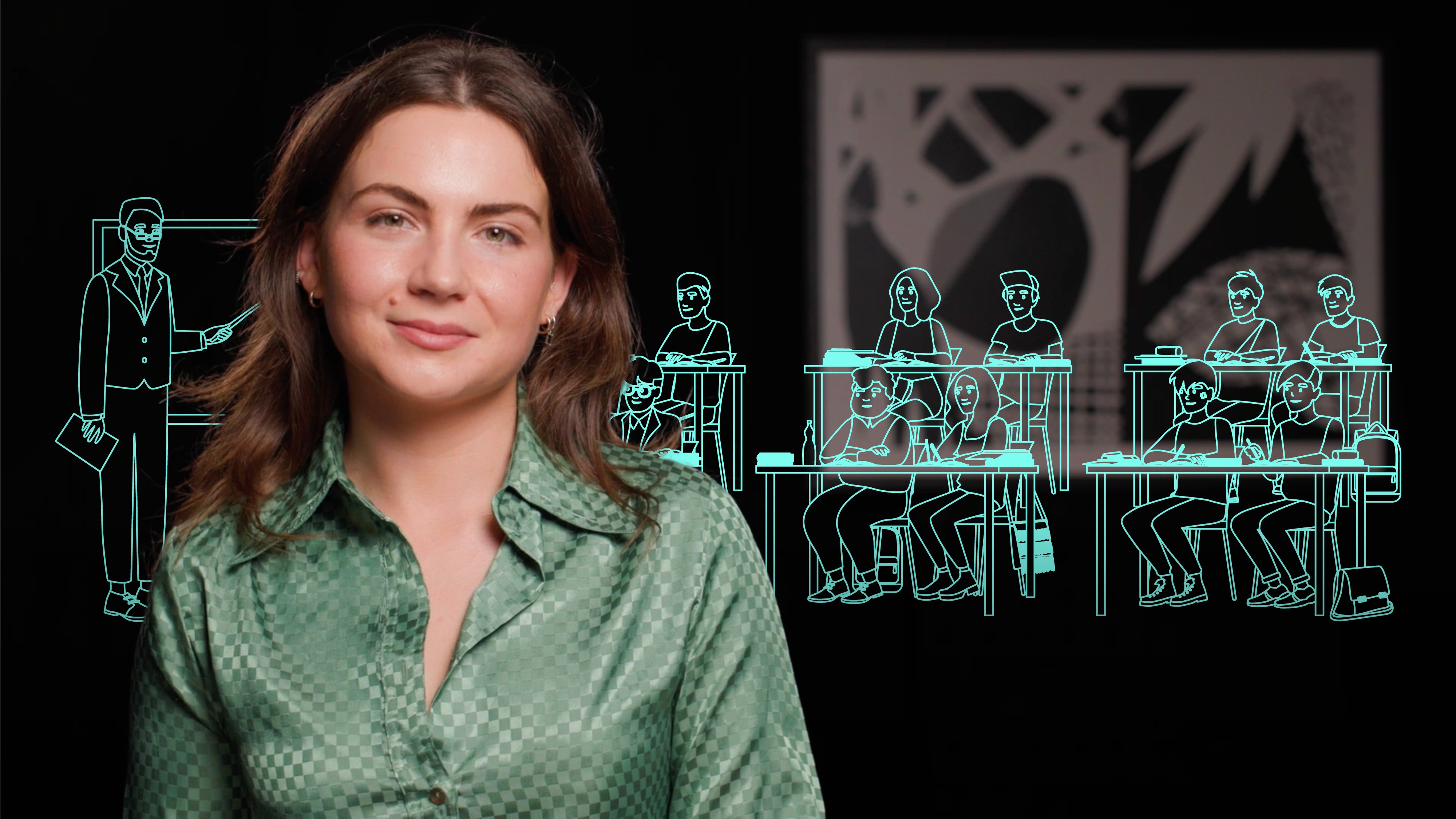Tragedy of the Commons
The tragedy of the commons refers to a situation where individuals in a society having unfettered access to a common resource at no cost with no rules or regulations defining how it is used are motivated by a self-interested drive to derive personal utility from its usage. This drive supersedes any sense of common responsibility to use the resource sensibly such that the resource ends up being exhausted to the detriment of all. The tragedy of the commons is the notion that profit is individualised while losses are socialised.































